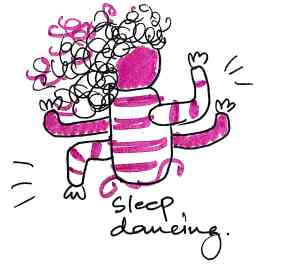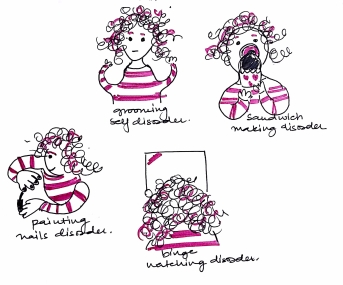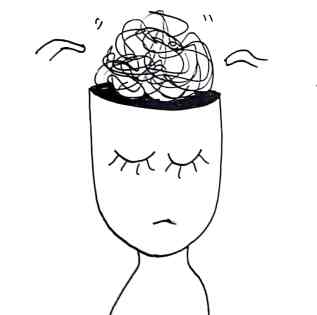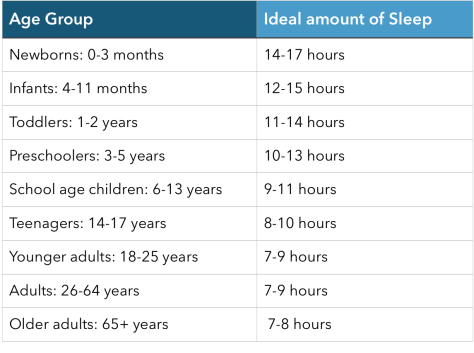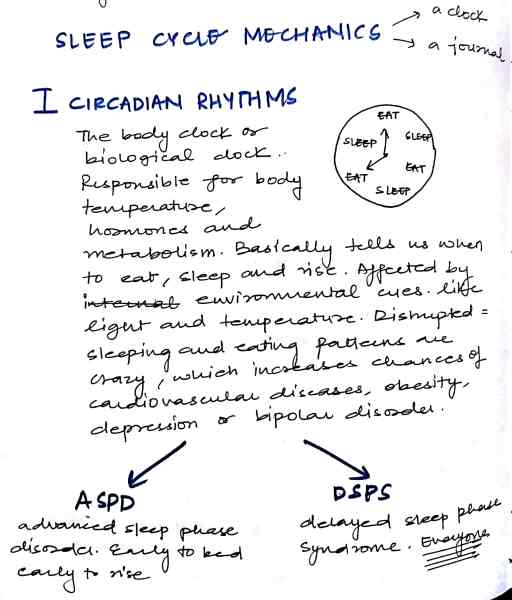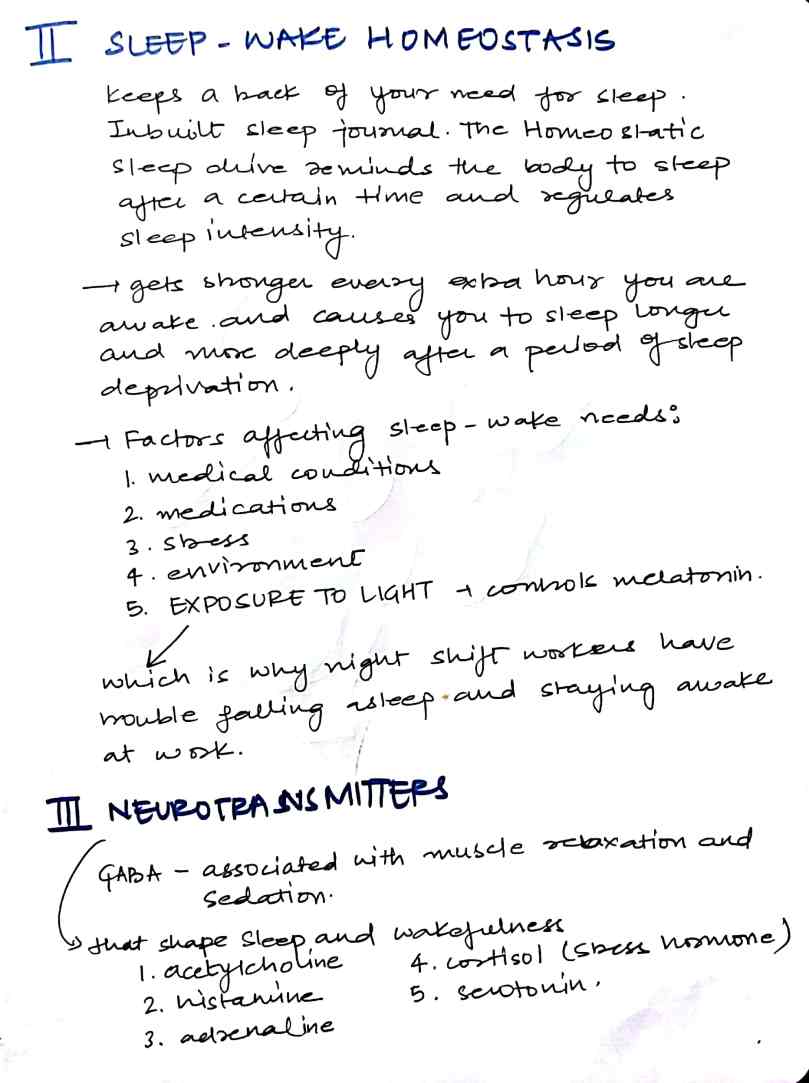Biofeedback is a technique used in sleep clinics that trains people to control involuntary responses that occur in their bodies, to improve their overall health. This includes their sleep hygiene. There are different categories of biofeedback that measure and track different aspects like brain waves, heart rate, body temperature, the working of your sweat glands and muscle contraction. This is done by attaching electrodes to your skin and monitoring these involuntary responses on a bunch of machines.
A biofeedback therapist helps you practice relaxation exercises, which you fine-tune to control different body functions. For example, you might use a relaxation technique to turn down the brainwaves that activate when you have a headache.
https://www.mayoclinic.org/tests-procedures/biofeedback/home/ovc-20169724
- Deep breathing
- Progressive muscle relaxation – alternately tightening and then relaxing different muscle groups
- Guided imagery – concentrating on a specific image (such as the color and texture of an orange) to focus your mind and make you feel more relaxed
- Mindfulness meditation – focusing your thoughts and letting go of negative emotions.
Biofeedback devices have come up for personal use in your own space. These include interactive screen programs and games to help you control your everyday stress and anxiety, and wearable devices connected to apps that let you know when you start freaking out. I should probably get one of those. Sigh.
LInks: https://www.webmd.com/a-to-z-guides/biofeedback-therapy-uses-benefits#1
http://www.umm.edu/health/medical/altmed/treatment/biofeedback
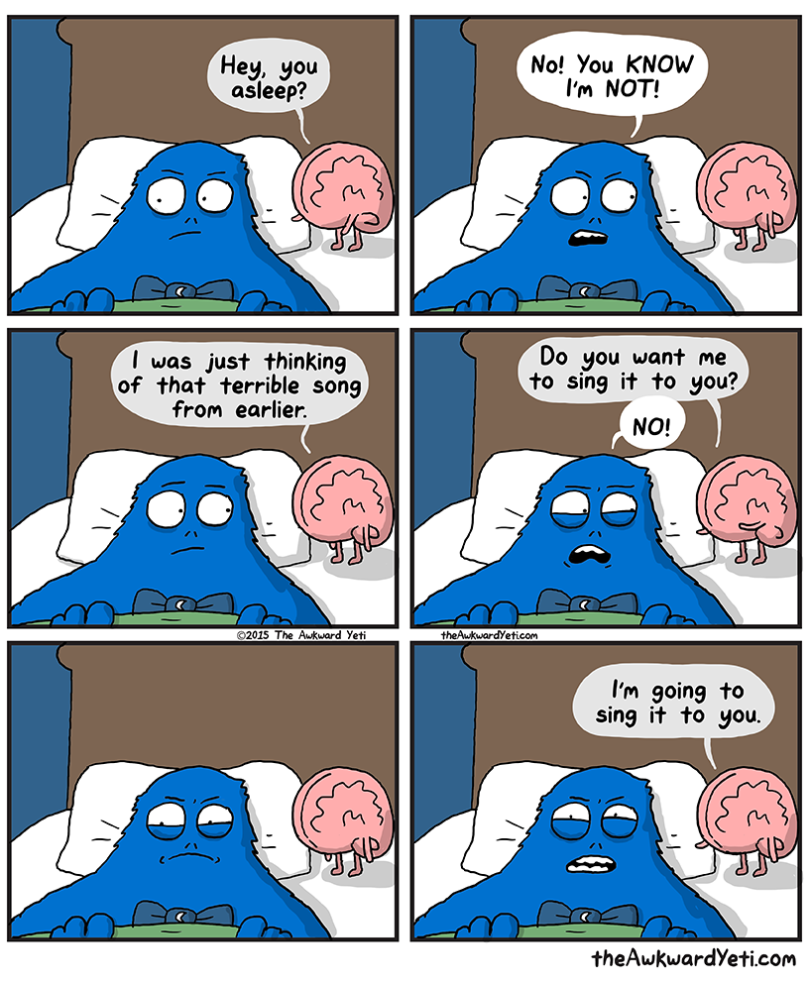
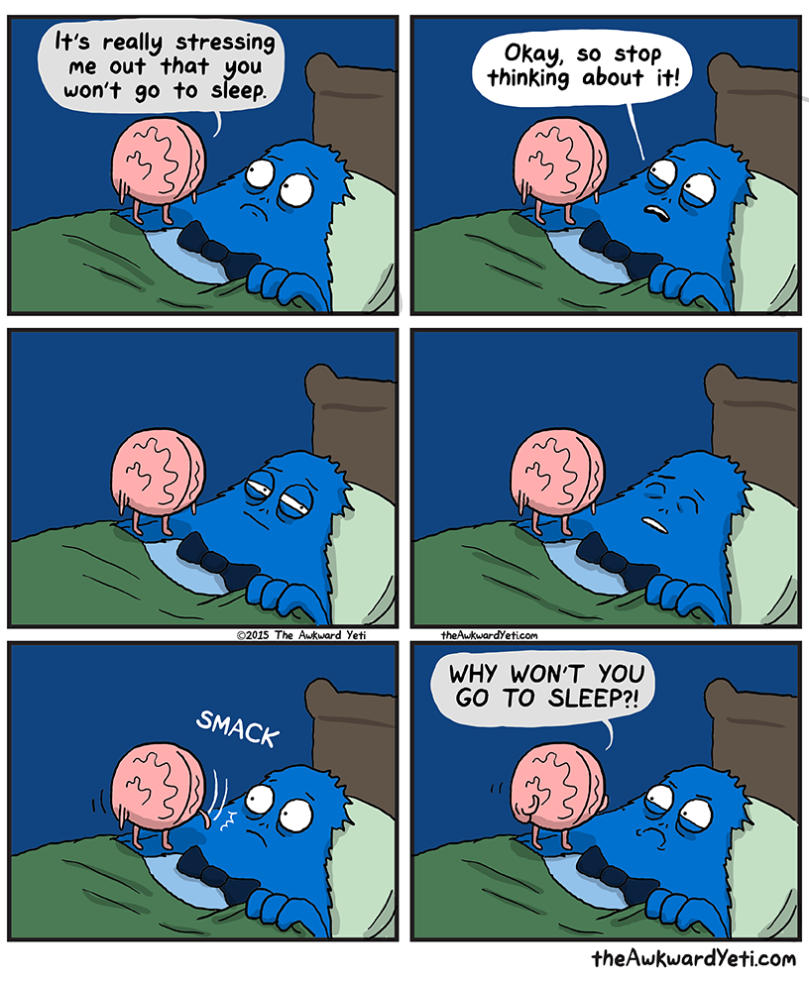
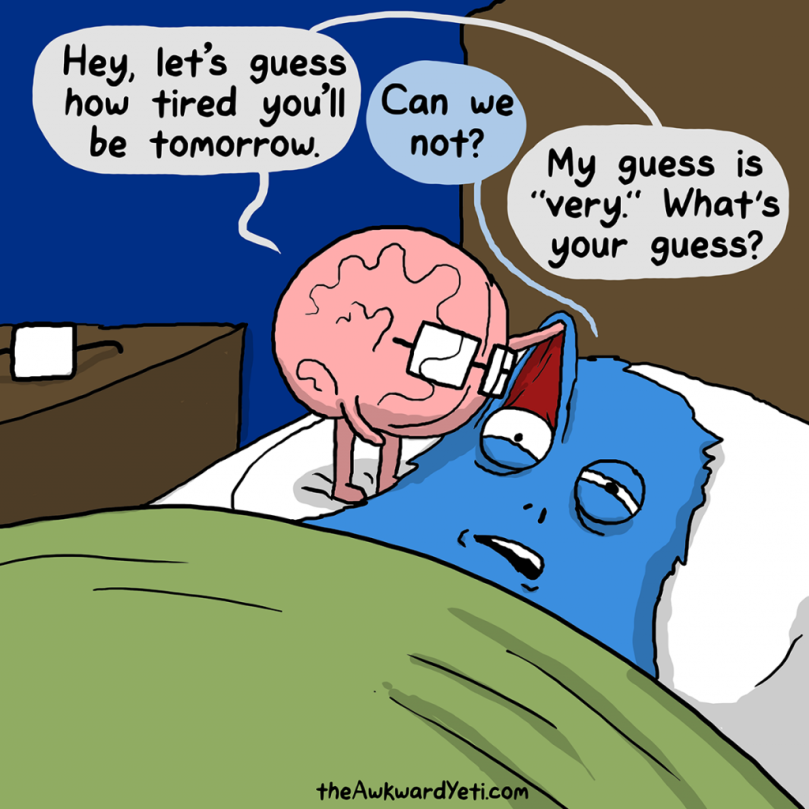
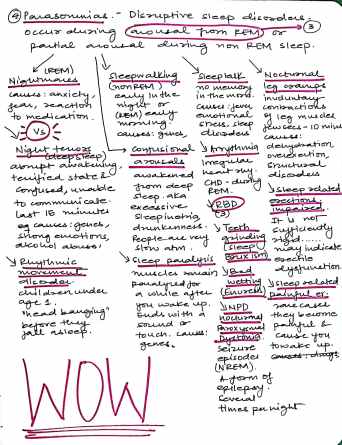 Nightmares: We all have those. When you wake up because of a nightmare, you are alert and can describe is perfectly. These occur during REM sleep. They are caused because of anxiety, fear or a reaction to some medication.
Nightmares: We all have those. When you wake up because of a nightmare, you are alert and can describe is perfectly. These occur during REM sleep. They are caused because of anxiety, fear or a reaction to some medication.